Babri mosque: Here are key arguments made in court
India’s top court ruled that site in Ayodhya must be handed over to a trust to oversee construction of Hindu temple
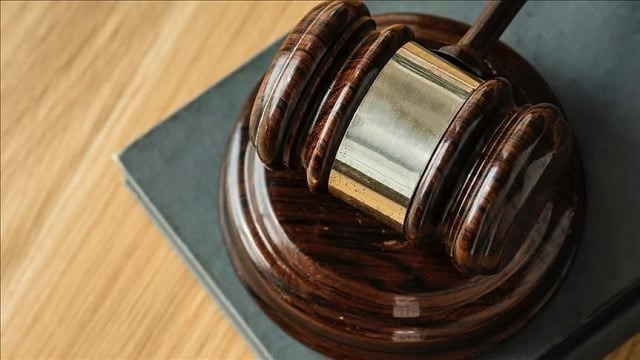
- Mere belief of devotees cannot confer title over the disputed land. References in ancient scriptures will also not give title.
- Hindus' claim is barred as the suit filed by Mahant Raghubar Das in 1855 was dismissed.
- Hindus were worshiping only in the outer courtyard. The idols were placed under the central dome of the mosque only in December 1949.
- The claim of possession by Hindu parties is based on a wrongful act of trespass committed on Dec. 23, 1949, when idols were placed inside the mosque. Right of possession cannot be based on trespass.
India SC rules to hand over Babri Mosque land to Hindus
- It is not possible to assess the legality of Mughal Emperor Babur's acts after several centuries.
- The Archaeological Survey of India report has several contradictions. It is only an opinion. It does not conclusively state that mosque was built over a temple.
- ‘Once a mosque always a mosque' - there is no concept of abandoning of mosque. Muslims stopped offering prayers at the mosque only after 1950, when the property was attacked by the District Magistrate.
- The law of limitations set by the British and then adopted by India in 1963, stipulates a maximum period of 30 years to claim immovable properties from adverse possession.
Hindu parties
The main Hindu parties in the case were Ramlalla Virajman (the deity), Nirmohi Akhara and the legal representatives of Gopal Singh Vish, a believer who filed a suit in 1950 seeking right of worship in the mosque.
Following are the key arguments from Hindu parties presented by senior advocates K Parasaran and C S Vaidyanathan.
- The entire disputed area of 2.77 acres is the Janmasthan, the birthplace of Lord Ram.
- It is the centuries old belief of millions of Hindus that Lord Ram's spirit resides in the Janmasthan. The faith of the devotees is itself the evidence that the Janmasthan is the birthplace of Lord Ram.
- There cannot be an adverse possession against, or joint possession of Janmasthan, which by itself is a juridical personality. Janmasthan is indivisible.
- The Archaeological Survey of India report shows that the mosque was built on a land over a massive structure which dated back to 2nd century BC.
- Babri mosque cannot be regarded as a mosque built in line with the tenets of Islamic law, which prohibits construction of mosque by demolishing other structures.
- Ancient texts and scriptures refer to Ayodhya as the birthplace of Lord Ram. There is unshakeable faith of devotees that it is the Janmasthan. That itself is the greatest evidence.
Pakistan says Babri Masjid verdict ‘failed to uphold demands of justice’
- Ayodhya, being the birthplace of Lord Ram, holds particular significance for Hindus.
- Babri mosque ceased to be a mosque as Muslims had stopped offering prayers there.
- The decree in 1855 suit does not operate as res judicata as the plaintiff Mahant Raghubar Das did not represent entire Hindus. Also, the claim in that suit was confined to the outer courtyard and chabuthara, a raised platform.

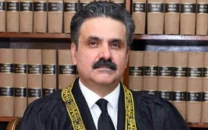
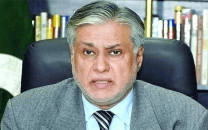
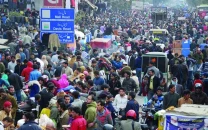
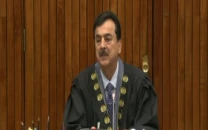
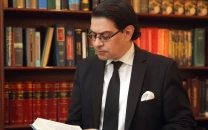
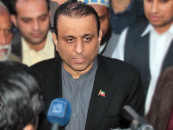



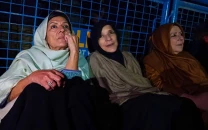







COMMENTS
Comments are moderated and generally will be posted if they are on-topic and not abusive.
For more information, please see our Comments FAQ